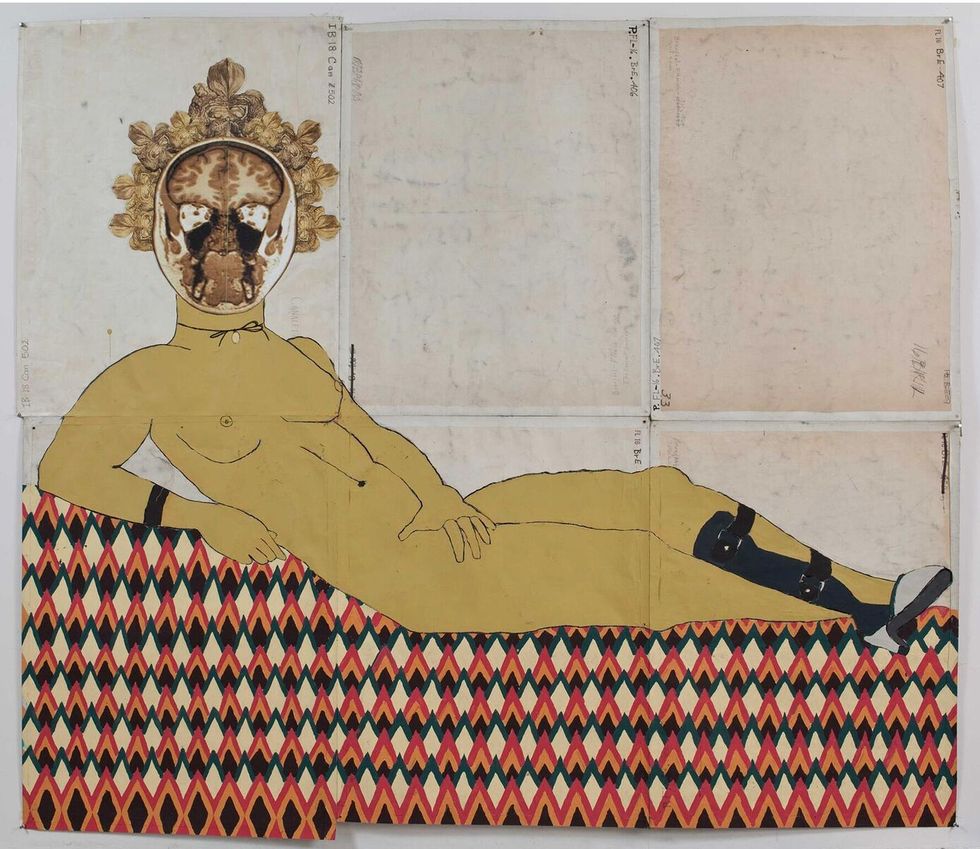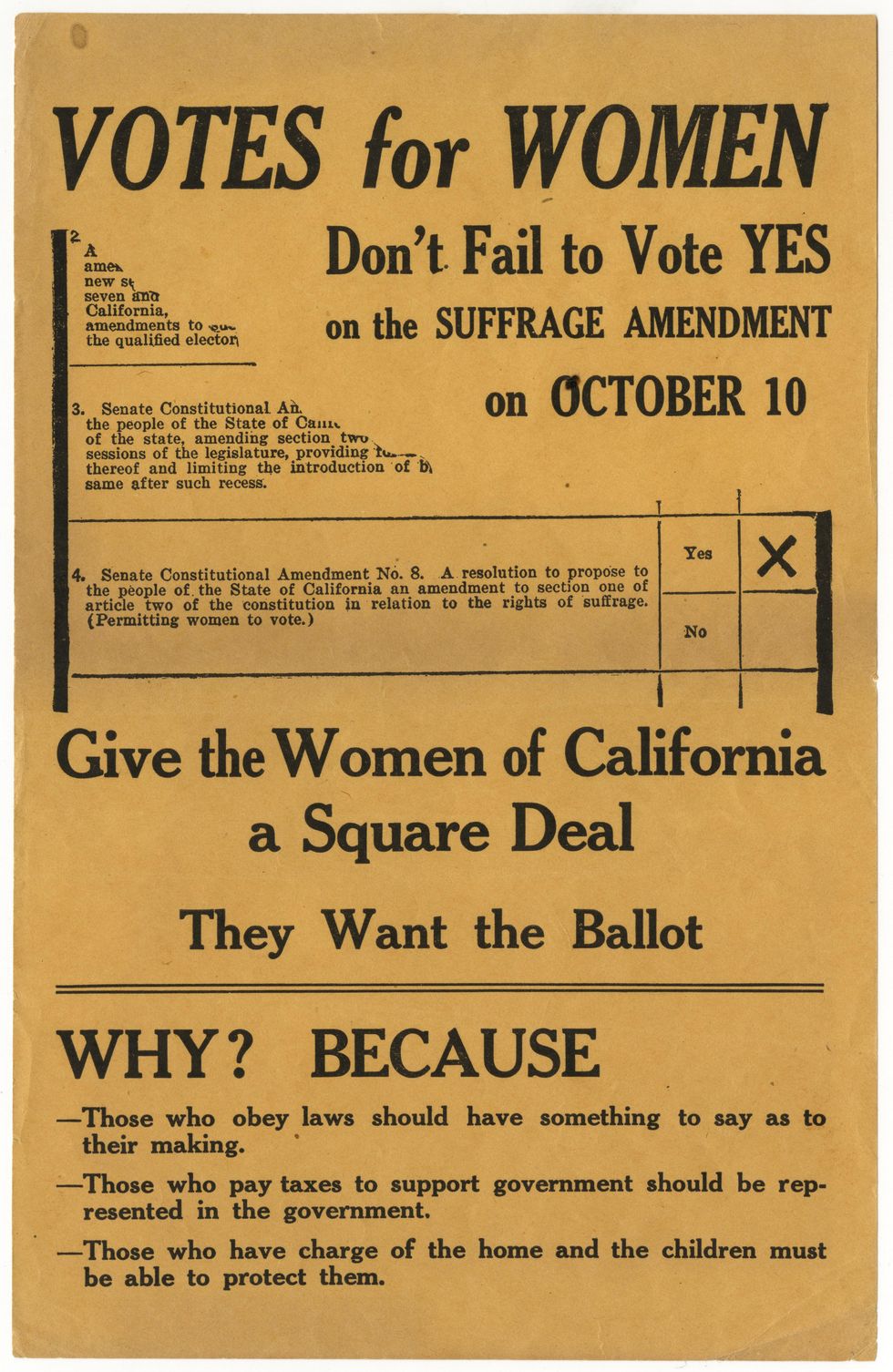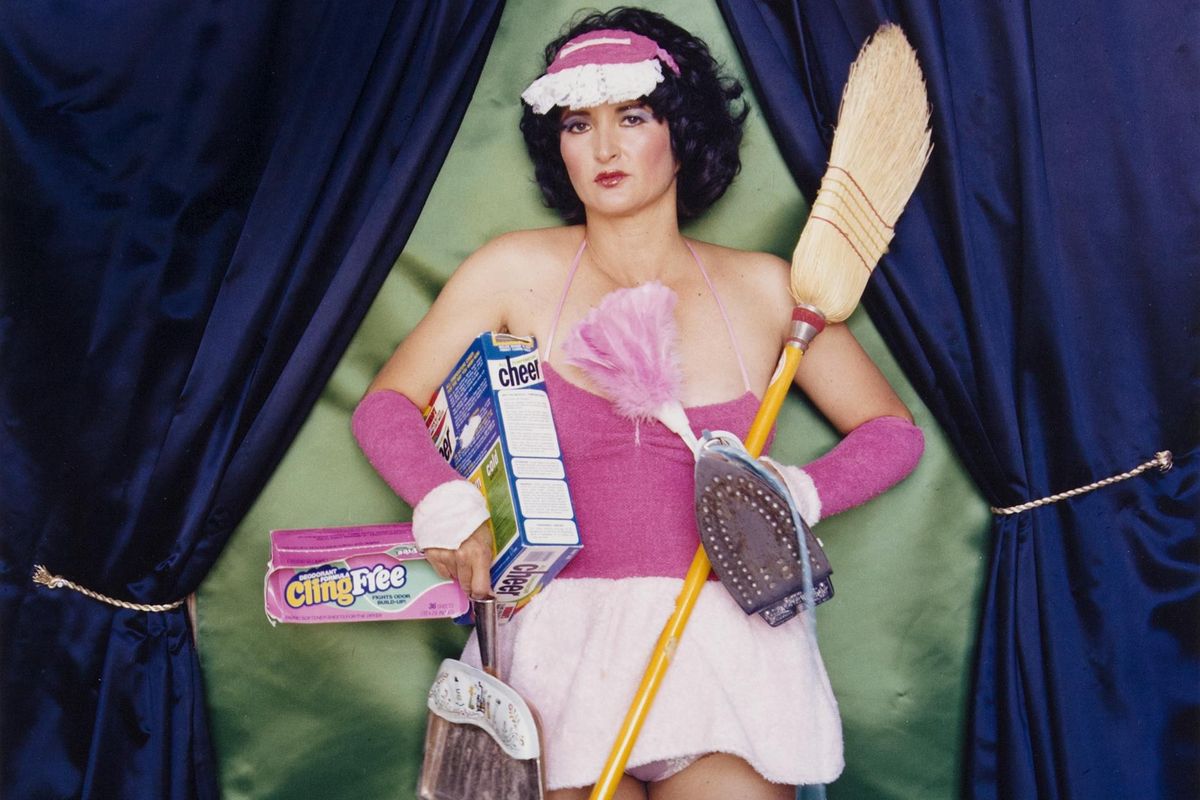White middle- and upper-class women drove feminism’s first wave, between the 1840s and 1920.
They sought reform over revolution, and the inclusion of their voices in existing political and socio-economic institutions, but not necessarily the voices of underrepresented or marginalized groups.
Those same middle- and upper-class white women pushed forward feminism's second wave beginning around 1963. Though they demanded equal rights and access to reproductive and child care for all women, it was a fight that, despite the active participation of women of color, largely excluded or overlooked them (not to mention non-binary, trans, and queer individuals). It wasn’t until the early ‘90s, in feminism's third wave, that the scholarship and activism of women of color began to take center stage.
Now in its fourth wave, feminism is both increasingly representative of different perspectives and increasingly complex. It’s a complicated movement made even more so by the Supreme Court’s overturning of Roe v. Wade in June and the looming specter of a fight over hard-won LGBTQ+ rights.
“Our world needs something different now from feminism,” says Oakland Museum of California (OMCA) director Lori Fogarty.

OMCA’s new exhibition, Hella Feminist, which opens Friday, July 29th, is several years in the making. Kindled by the rise of the #MeToo movement in 2017, the initial plan was to open the exhibition on the 100th anniversary of (white) womens’ suffrage in 2020. The pandemic had other things in mind.
Once it was safe to return to the museum, work on the exhibition resumed. Its curators worked with artists, activists, and community members to present the messy struggle for women’s self-determination, and to lift up voices from traditionally marginalized communities.
They invited The Church of Black Feminist Thought to comb through the more than two million items in the museum’s collection, and select those that challenged the standard interpretation of feminist history as a four-wave evolution. Among them is a painted wooden ballot box from 1883-84, where symbolic votes were cast for Marietta L. Stow, who ran for U.S. Vice President on the Equal Rights Party ticket well before women could legally participate in the democratic process; Tuff Scuffs, a pair of peep-toe heels with a scrub brush sole and scouring pad strap; and a postcard depicting the women workers of San Francisco’s early 20th Century Chinese Telephone Exchange who joined a union to challenge unfair working conditions including a seven-day work week and unpaid overtime.
One of the objects they discovered, a 1969 advertisement for birth control pills featuring a photo of its iconic circular packet, was misidentified by the men who cataloged it as a “black and white rotary [phone] dial.” The obvious mistake is “what happens when experts are excluded from the meaning-making process,” says Erendina Delgadillo, one of the exhibition’s curators.
Grief, humor, and hope intertwine in Hella Feminist. The exhibition bounces from a massive mourning wreath of human and synthetic hair by artist Angela Hennessy to “Fuck My Life,” a darkly funny video by Xandra Ibarra, to an installation that evokes the 19th Century Shaker spirit drawings made by women inspired by ecstatic religious experiences.
In a section about bodily autonomy, the voices of Bay Area abortion practitioners explain why access to the procedure is essential to reproductive health, and how their work is impacted by issues like racism, colorism, and classism. Visitors can also record words of hope and support for abortion and trans rights, and take home a free "Vote!" poster made by artists Lena Wolff and Hope Meng. Thirty thousand of them will be shipped to volunteers in 100 key cities this summer.
Presenting attitudes towards reproductive justice yesterday and today is just one way the exhibition “speaks to the moment we’re living in,” says curator Carin Adams. “By looking back at history while inviting contemporary artists to comment on the present, Hella Feminist invites visitors to consider a future where feminism looks beyond gender-based inequality to the intersection of multiple aspects of identity.”
// Hella Feminist will be on view through January 8, 2023 at the Oakland Museum of California, 1000 Oak St. (Oakland), museumca.org






















